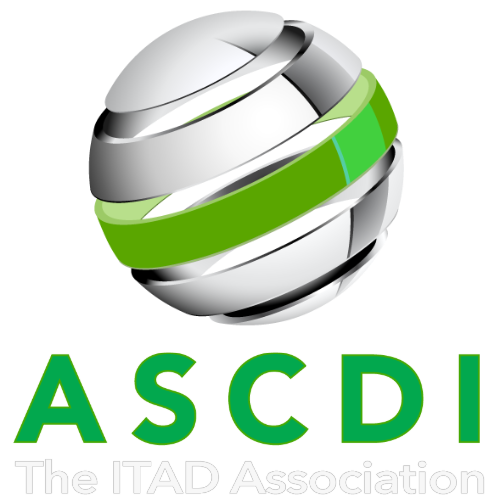AI Is Deepening the Digital Divide, Chris McClean , Almin Surani, InformationWeek.com, November 20, 2023
A growing digital divide is being exacerbated by AI, excluding billions from the benefits of technological progress. Here are six ways to address the crisis.
UN Secretary-General António Guterres says this about AI: “[It] must benefit everyone, including the one third of humanity who are still offline. Human rights, transparency and accountability must light the way.”
As a generational event is unfolding, a digital divide between the Global North and South (as imperfect as these designations may be) is growing, and dire consequences are revealing themselves. A pervasive issue has emerged: the widespread absence of participation, voice, skills, literacy, and access is barring most of the world’s population from reaping the rewards of technological progress.
This historic pattern holds true for most technological advancements; however, AI introduces a unique dimension to this problem.
The billions of people in developing regions who have historically not had a voice in discussions around technology face even further alienation as AI innovation speeds up. People in these regions often serve as outsourced, cheap labor tasked with roles such as labeling data and training models for the benefit of developed economies and their consumers. What’s more, the environmental impacts from mineral extraction, energy use, and water consumption from these models tend to hit these regions the hardest.
Those with the power and resources to experiment with and apply AI — be they corporations, governments, academic institutions, or nonprofits — must invest in closing this gap or risk an insurmountable chasm.
Here’s how we all can step up:
Challenge the status quo. A necessary first step is to agree on fundamental standards for AI, such as safety, transparency, accountability, and oversight. Organizations such as UNESCO and the International Organization for Standardization have made progress here. Other organizations working with AI should develop and adopt their own responsible AI frameworks, with added consideration for their industry, regulatory environment, risk profile and corporate values.
To access the full article, click here.








